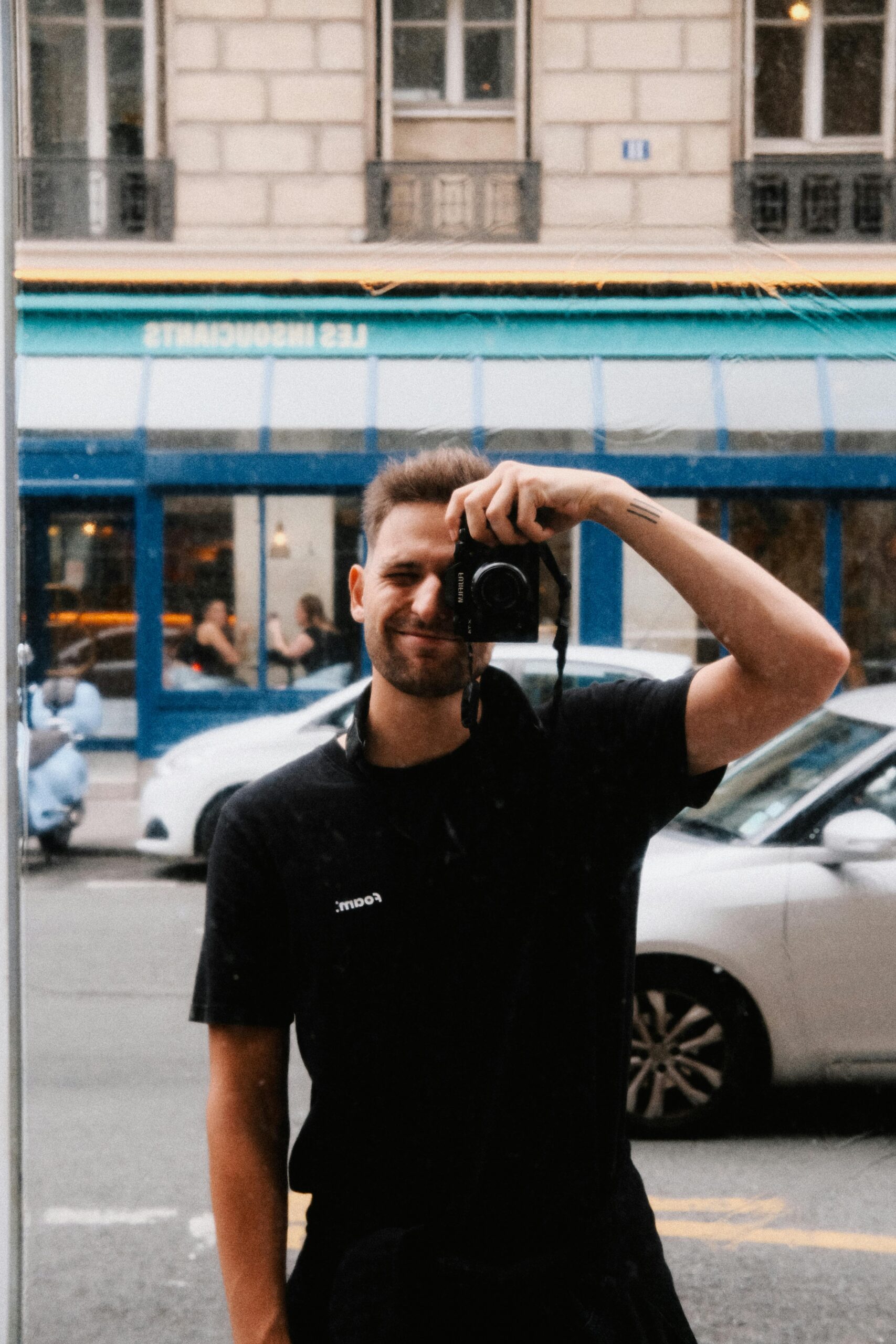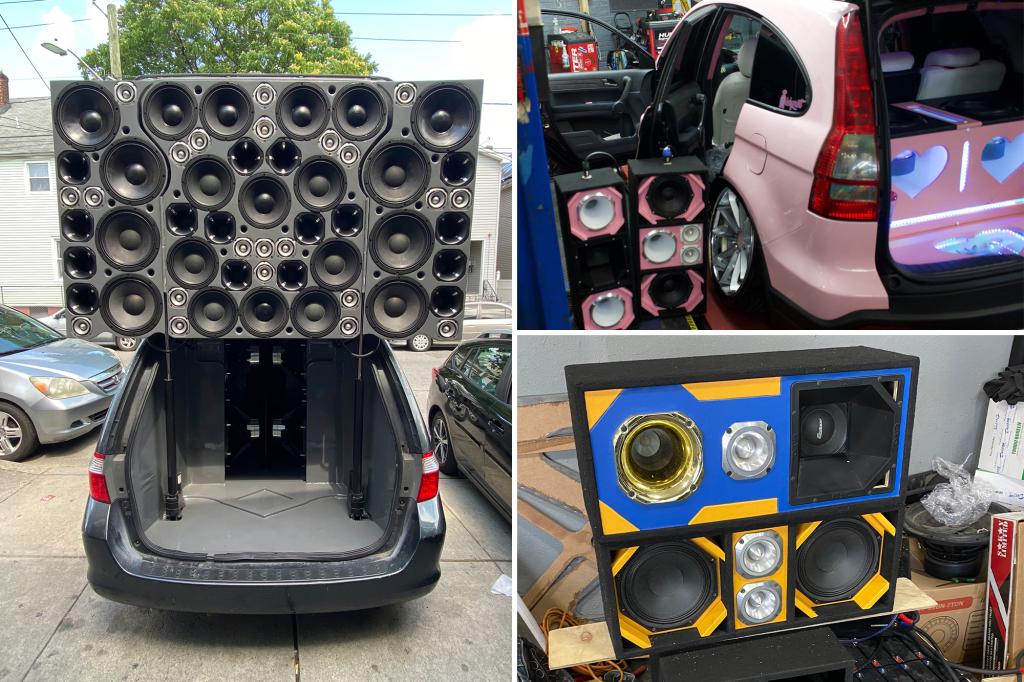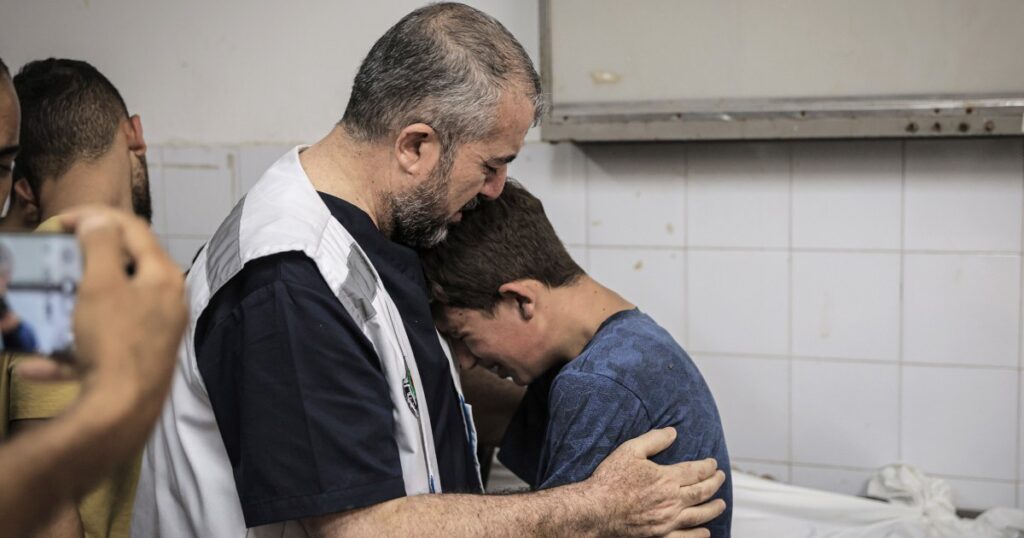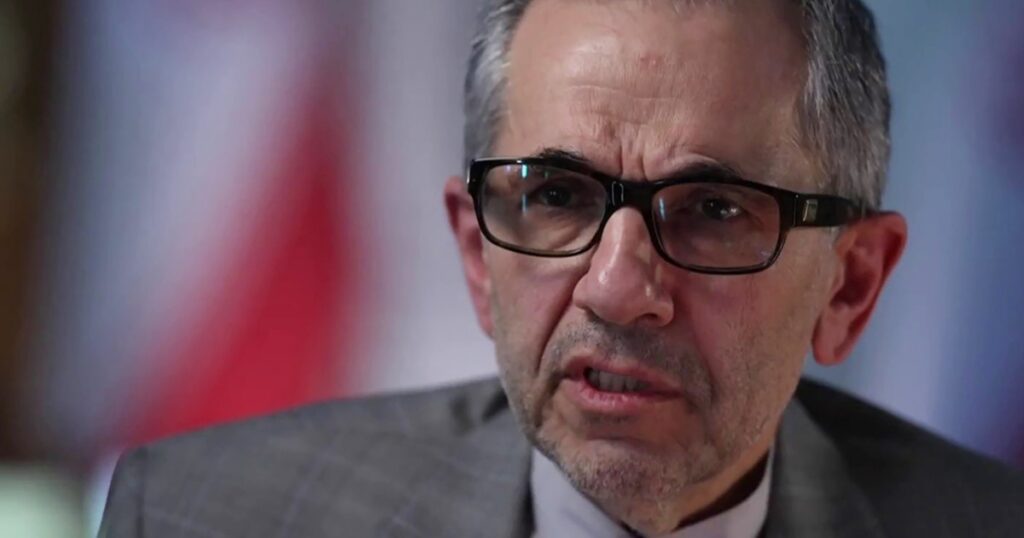Owners of Car Audio Shop Advocate for Regulating Loud Speaker Events in NYC
The proprietors of a vehicle audio store known for installing large “churchero” speaker systems, which have contributed to excessively loud car gatherings in New York City, are urging local residents and officials to take a step back.
Luis Colon and his spouse, Jeanette Beato, co-owners of Allstar Auto Solutions in Passaic, NJ, believe that with the right regulations, these events could be transformed into “family-friendly” gatherings that support charitable initiatives.
“Ninety-nine percent of the people involved in car music aim to avoid conflict,” Colon asserted, following concerns about the hazards associated with unauthorized car meetups.
Both Bronx natives, Colon and Beato have seen their business flourish through the sale of booming audio systems, which range in price from $1,500 to $60,000. However, a recent spate of negative attention surrounding the “car music” scene has slashed their business by approximately half.
Critics, Colon stated, have exaggerated the situation, describing it as “worse than drug dealers right now.”
The couple noted that many of their clients travel from as far as Texas, Missouri, and Florida to receive their installations. They participate in organized meetups, including a recent event with over 400 cars in Middletown, NY, and an upcoming show in Atlantic City, NJ, scheduled for August. These events have police presence for traffic management and safety protocols.
“Events like these occur outside the city, and families attend,” Beato highlighted. “Our customers are primarily families.”
Colon and Beato are calling on the “car music” community and local leaders to establish clear guidelines and better oversight for events featuring large audio systems, including designated locations and appropriate operating hours.
“This represents a significant opportunity for revenue, which could be positively directed,” said Colon, 46. “If given a venue, we can generate funds and contribute to charity.”
Nick Terzo, a Hudson Valley native now based in Miami, organizes car shows under the brand Clean Culture, hosting about 35 events each year across the U.S., Canada, and Puerto Rico.
His events often feature “churchero” systems, but Terzo has found ways to comply with the law, organizing them in specified zones, such as during a recent July Fourth event at a minor-league baseball stadium in Lakewood, NJ, which drew around 2,000 attendees.
“I acknowledge the loud music,” Terzo, 32, remarked. “While it may not bother me too much, I understand why others might find it problematic.”
His goal is to provide a platform for enthusiasts to display their cars while removing them from streets where their audio systems could inconvenience the public.
Colon and Beato have voiced concerns that their business is impacted not only by criticism but also by rising costs.
“Tariffs are affecting our sales,” Colon noted, mentioning a $100 increase in the price of certain items from May to June.
Victor Martinez, an employee at Inspire Auto Sound and Detail in the Bronx, concurred that drivers are hesitating to install “churchero” systems due in part to tariffs.
“Items that once cost $30 to $40 are now priced at $90 to $100 plus tax,” Martinez explained. “It’s challenging.”
Residents in Queens, The Bronx, and Nassau County have complained to local officials about disruptive noise from “car music” meetups and are urging lawmakers to empower the NYPD to confiscate and destroy “churchero” systems.
According to a Police Department representative, “If the sound device can be detached from the vehicle, the NYPD has the authority to seize it. If it is permanently attached, the vehicle may be confiscated.”
“If the sound originates from a moving vehicle that can be safely stopped, then similar criteria would apply,” the representative added.
Colon and Beato, who believe “music is good for the soul,” aim for a constructive dialogue between the “car music” community and the public.
“If we could connect with someone willing to listen, we could achieve more positive outcomes,” Colon said. “However, without that communication, individuals will continue to play music outside when it’s inappropriate, leading to tickets and potential arrests.”

Passionate journalist and digital news editor with a keen eye for global affairs and emerging trends. As the founder and lead writer of RSS News US, he is dedicated to delivering accurate, insightful, and engaging content to readers seeking trustworthy news in a fast-paced world.


